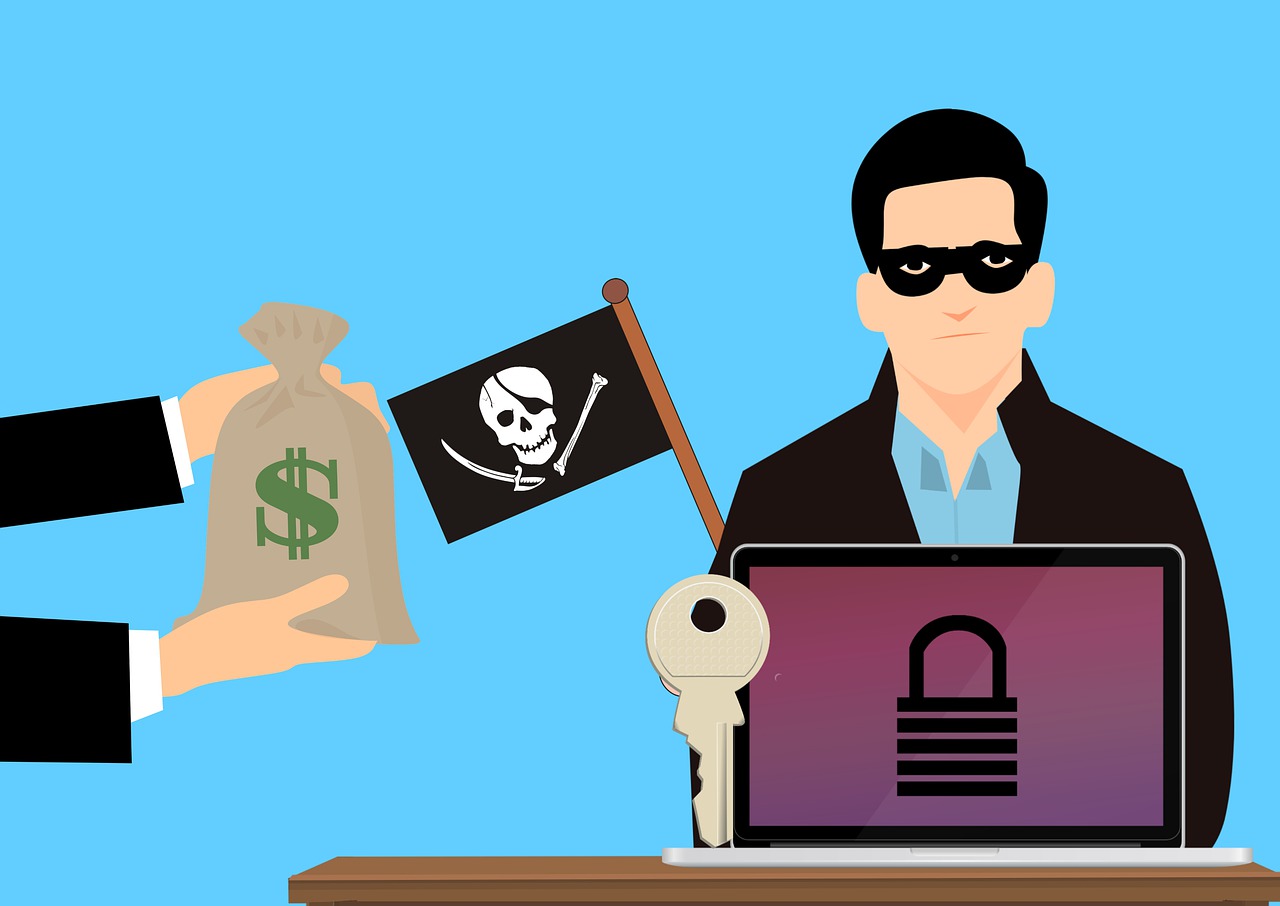In recent years, hackers operating out of North Korea have increasingly focused their ransomware operations on the healthcare business. These assaults have the potential to have catastrophic repercussions, including the compromise of patient data and the interruption of essential medical services. It is crucial for healthcare companies to be aware of the rising danger posed by ransomware attacks from North Korea and to take precautions to defend themselves against these assaults as their reliance on technology increases.
Ransomware is a sort of malicious software that encrypts the files or data of its victim and then demands a ransom in return for the key to decode the data. In the case of North Korean ransomware attacks against healthcare companies, the hackers may demand a significant quantity of money in return for the decryption key. If their demands are not satisfied, they may threaten to leak sensitive patient data or interrupt essential medical services.
When the WannaCry ransomware spread over the world in 2017, it was one of the most high-profile operations ever carried out by North Korea against the healthcare sector. It attacked computers used in hospitals and other healthcare institutions all over the globe. As a consequence of the assault, appointments had to be rescheduled and medical procedures had to be postponed; this highlights the potential effect that attacks of this sort might have on patient care.
You might also like to read: Revolutionizing Healthcare: How Technology Integration Enables Precision Medicine
North Korean hackers have been known to target healthcare organizations with other types of cyberattacks in addition to ransomware attacks. One example of this is spear phishing, in which an attacker sends a carefully crafted email that appears to be from a trusted source, in order to trick the recipient into revealing sensitive information or downloading malware.
Why, therefore, are hackers from North Korea focusing their attention on the healthcare industry? There might be a few different explanations for this. First, firms in the healthcare industry may be seen as an easier target than those in other sectors since they may not have the same degree of resources or knowledge when it comes to cybersecurity. Second, hospitals and other medical facilities have access to private patient information that, if sold illegally, may fetch a high price. And lastly, it is possible that these assaults are a part of a larger cyber espionage effort that is being conducted by the government of North Korea.
The question now is, what measures can healthcare companies take to defend themselves from ransomware assaults launched by North Korea? It is possible to lessen the likelihood of an assault and lessen its severity, in the event that one does take place, by taking a few important precautions.
It is critical to have a solid cybersecurity program in place, since this is the first and most significant step. This should involve conducting routine security audits, providing employees with training and awareness programs, and formulating incident response plans in the event of an assault.
You might also like to read: Healthcare Workforce Management: The Power of Workflow Automation and AI to Address Staff Shortages
Maintaining an up-to-date software and system with the most recent security patches and upgrades is something else that should be prioritized. Because many ransomware attacks use weaknesses in old software, ensuring that all of your applications have the most recent updates installed may help lessen the likelihood of being targeted by one.
Another important step is to create frequent backups of crucial data and to keep those backups in a safe place. This may assist guarantee that any data lost as a result of an attack can be retrieved without the need to pay a ransom.
In conclusion, it is essential to collaborate with reputable cybersecurity suppliers and partners in order to assist in monitoring for prospective attacks and mitigating their effects. It is possible that many healthcare institutions do not possess the internal resources and skills necessary to adequately secure themselves against assaults by North Korean ransomware. As a result, collaborating with outside specialists may be an extremely beneficial investment.
In conclusion, ransomware attacks on healthcare institutions by North Korea are a rising danger, and they have the potential to have major repercussions for patient care as well as the protection of patient data. The danger of an attack may be reduced for healthcare organizations, and the effects of an assault, if they do occur, can be lessened, if they take efforts to strengthen their cybersecurity and collaborate with reliable partners. Due to the fact that technology will likely continue to play an important part in the healthcare sector, it is crucial to maintain vigilance against the many sorts of cyber attacks.
You might also like to read: Preventing Data Breaches in Healthcare: Protecting Patient Information and Ensuring Compliance

Darren Trumbler is a versatile content writer specializing in B2B technology, marketing strategies, and wellness. With a knack for breaking down complex topics into engaging, easy-to-understand narratives, Darren helps businesses communicate effectively with their audiences.
Over the years, Darren has crafted high-impact content for diverse industries, from tech startups to established enterprises, focusing on thought leadership articles, blog posts, and marketing collateral that drive results. Beyond his professional expertise, he is passionate about wellness and enjoys writing about strategies for achieving balance in work and life.
When he’s not creating compelling content, Darren can be found exploring the latest tech innovations, reading up on marketing trends, or advocating for a healthier lifestyle.

One thought on “North Korean Ransomware Attacks in Healthcare: The Growing Threat and How to Protect Against It”